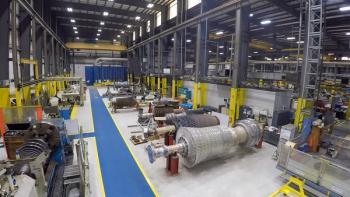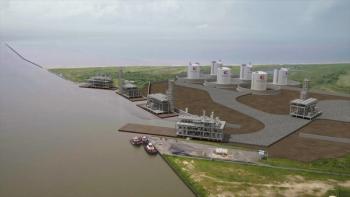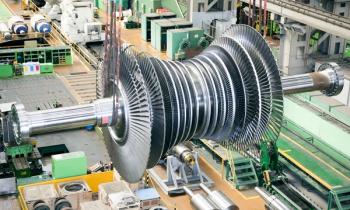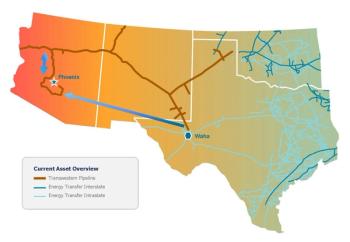
TurboTime Podcast: Computational Fluid Dynamics with Cadence
In this episode of the TurboTime podcast, we talk with Carolyn Woeber, the Director of Application Engineering at Cadence Design Systems, about computational fluid dynamics.
In this episode of the TurboTime podcast, we talk to Carolyn Woeber, the Director of Application Engineering at Cadence Design Systems, about computational fluid dynamics (CFD). Woeber gives a crash course in CFD and how it relates to the turbomachinery industry. She then talks about how CFD streamlines and benefits pump and compressor design and performance, how it improves the design and analysis of aerospace machinery, and what areas CFD could improve in the aerospace industry and the challenges it faces in terms of the turbomachinery industry.
“Engineers use multiple analysis tools to predict the behavior of these fluids to identify the most optimum design for their needs,” Woeber said. “This can range from analytical empirical analyses all the way to experimental setups, to computational fluid dynamics (CFD),” she said, “Most engineers that you talk to are familiar with and they use the analytical and the empirical analyses. They also use experimental setups when they're evaluating potential designs. But increasingly, we see more and more organizations moving toward enhancing their design processes by also incorporating CFD. So how does that work? What does that look like?
“A CFD practitioner begins with a CAD model that serves as a foundation. On that CAD model, they then create a 2D mesh,” she continued. “This 2D mesh adheres to and resolves the model’s geometry to the level of fidelity that's required for numerical simulation. Then we construct a mesh in the 3D space around that model—this is the space you want to conduct the fluid flow analysis. This 3D space can be internal, it can be external, or it could be a combination of both depending on the configuration. Next, we'll make sure that the topology within the mesh.”
Newsletter
Power your knowledge with the latest in turbine technology, engineering advances, and energy solutions—subscribe to Turbomachinery International today.




